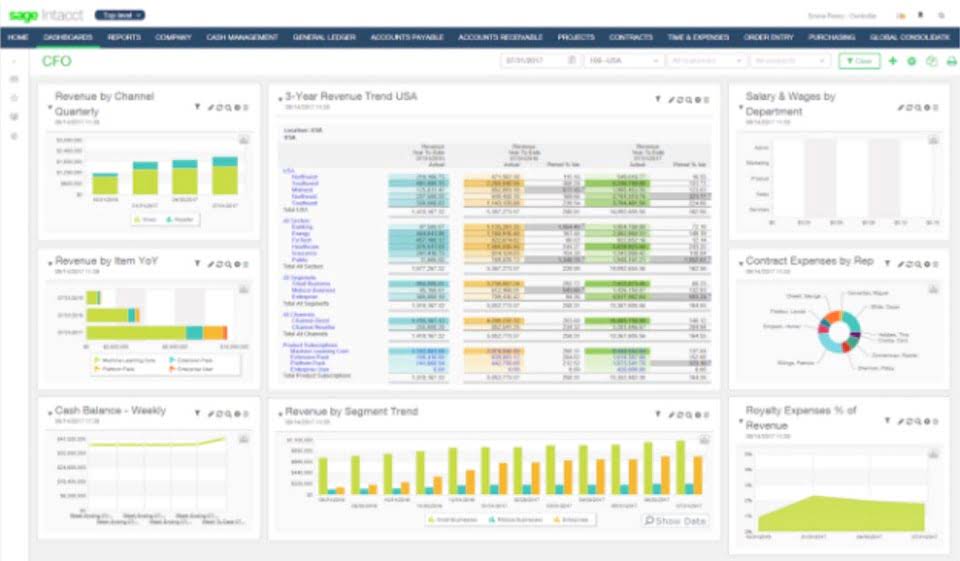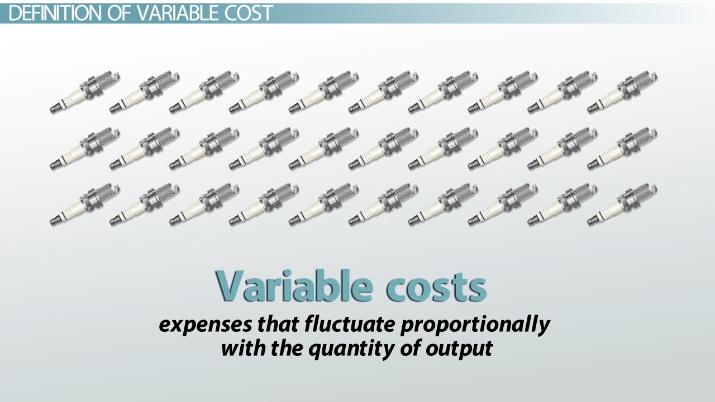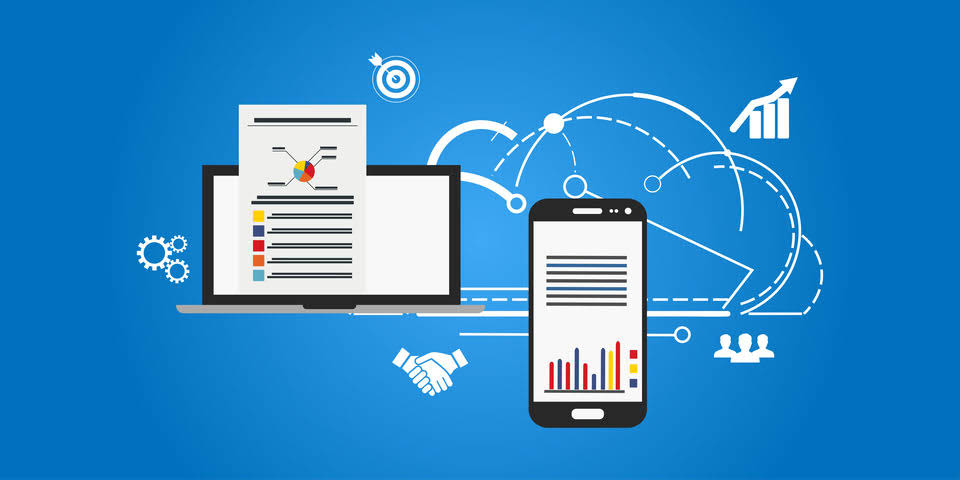Mastering Small Construction Business Management
This is why it has flexible billion options, such as American Institute of Architects, time and materials and freeform billing. The software makes invoice routing easy and conveniently reconciles things with the GL when paid. Sage 300 is as comprehensive as it gets with prebuild reports; there are more than 1,400 to choose from. This means you can get any detailed report that you can think of with just a couple of clicks, helping you manage all the project costs. Closing the productivity gap between small and large businesses in the U.S. is essential for boosting the nation’s economic competitiveness. By strengthening networks and interactions, both large and small businesses can thrive.
Unique Features
In this guide, we address some of those challenges and cover the basics of construction accounting. Follow this resource step-by-step to establish an effective accounting process, avoid costly mistakes, and make more money. Today’s leading construction accounting platforms offer standard security features including data encryption, secure credential tokenization and more.
Type #1: Accounts payable aging report
Large companies gain resilience and flexibility, while MSMEs build know-how, human capital, and market access. Toyota, for instance, has worked with its suppliers for over 30 years, transferring knowledge in demand planning, cost reduction, and management. IBM’s Supplier Connection initiative connects small suppliers to large businesses, helping them access new opportunities. Studies show that 70% of small businesses in New York increased their revenue within two years of joining a corporate supplier base.
Time and Materials (T&M) Billing
Construction accounting is a highly specialized type of financial management because of the industry’s unique characteristics. Unlike many other types of businesses, construction companies need to track and account for multiple contracts, construction projects, and job costs at any given time. This makes keeping tabs on all the moving pieces much more complex than in other industries. At its core, Construction Accounting involves the meticulous tracking and allocation of costs to specific projects, often referred to as job costing.
Pros and cons of billing methods in construction accounting
- Contractor features include specialized tools, such as the ability to manage and track equipment, share project documents with clients, track employee location, and general construction reports.
- With the completed contract method, you recognize revenue only after completing a project.
- These features include invoicing, customizable reporting and job costing, as well as direct integrations with industry-specific software such as Buildertrend and Housecall Pro.
- Plus, you’ll have all the tools you need to stay on top of your construction accounting and make smarter financial decisions.
- Factors like the price of equipment, labour and materials can change quickly.
- For example, the cupcake shop may be able to predict the cost of sugar and other ingredients fairly regularly for months.
Using the correct billing method for your construction company can make your journey to profitability that much easier. Understanding the different billing methods keeps you aware of new regulations or changes to existing industry standards that may impact your bottom line or your customer’s invoice. Overbilling and underbilling can significantly affect job costing in a construction business. This core performance indicator helps track the https://azbigmedia.com/real-estate/commercial-real-estate/construction/how-to-leverage-construction-bookkeeping-to-streamline-financial-control/ progress of each job in relation to billing.
- Each plan offers the basics needed to run your construction business, including scheduling, daily logs and a to-do list.
- This core performance indicator helps track the progress of each job in relation to billing.
- As a result, each partner shares in the losses and profits of the joint partnership.
- This method of revenue recognition allows you to recognize your gains and losses related to the project in every reporting period during which the project is active.
QuickBooks for Construction comes in at the best value of all the options on our list. You can get the construction bookkeeping Plus plan for $49.50 per month for the first three months when it bumps up to $99 per month. The Advanced plan is available for $117.50 per month for the first three months before increasing to $235 per month. Set the parameters and qualifications based on insurance requirements, location and experience.
Key Considerations When Selecting a Construction Management Software
- Any accountant’s job would be far more productive and easy if they used time and billing software suited for the construction industry.
- Accounting is an essential part of running a successful construction business.
- This software is best for contractors who have multiple projects happening simultaneously.
- It is the most common way that businesses and bookkeepers use to record revenues and expenses.
- As a result, this creates conditions for contractors not to pay taxes twice.
- It uses a cash basis accounting and construction contractors should consult with a tax advisor to get the best tax strategy for their business.
It doesn’t have a free trial, but you can request a “test drive” to explore the full version of the software before buying. QuickBooks Online offers 50% off for three months if you buy right away or a 30-day free trial with no credit card required. I am committed to delivering expertise-led answers to your small business questions by using my first-hand experience and testing platforms or services when able. As we mentioned, Sage’s simple, easy-to-interpret interface is a strong point.
























